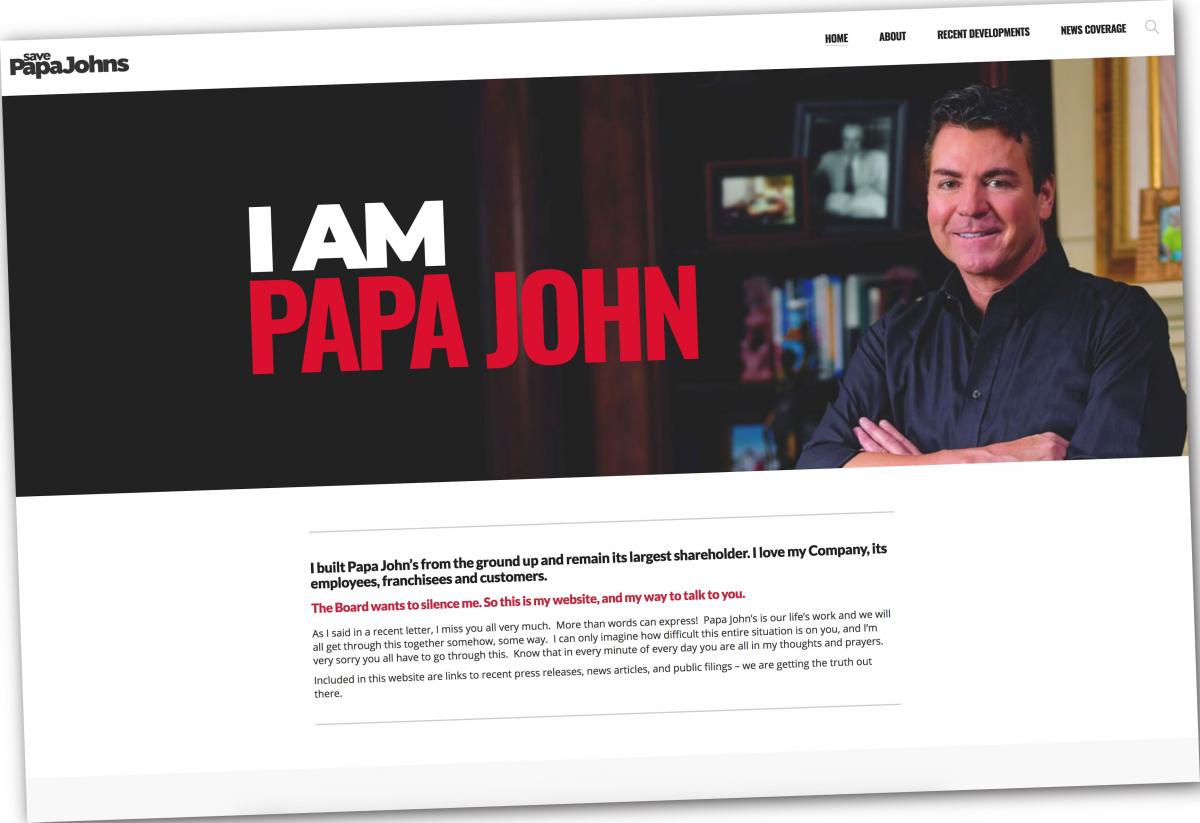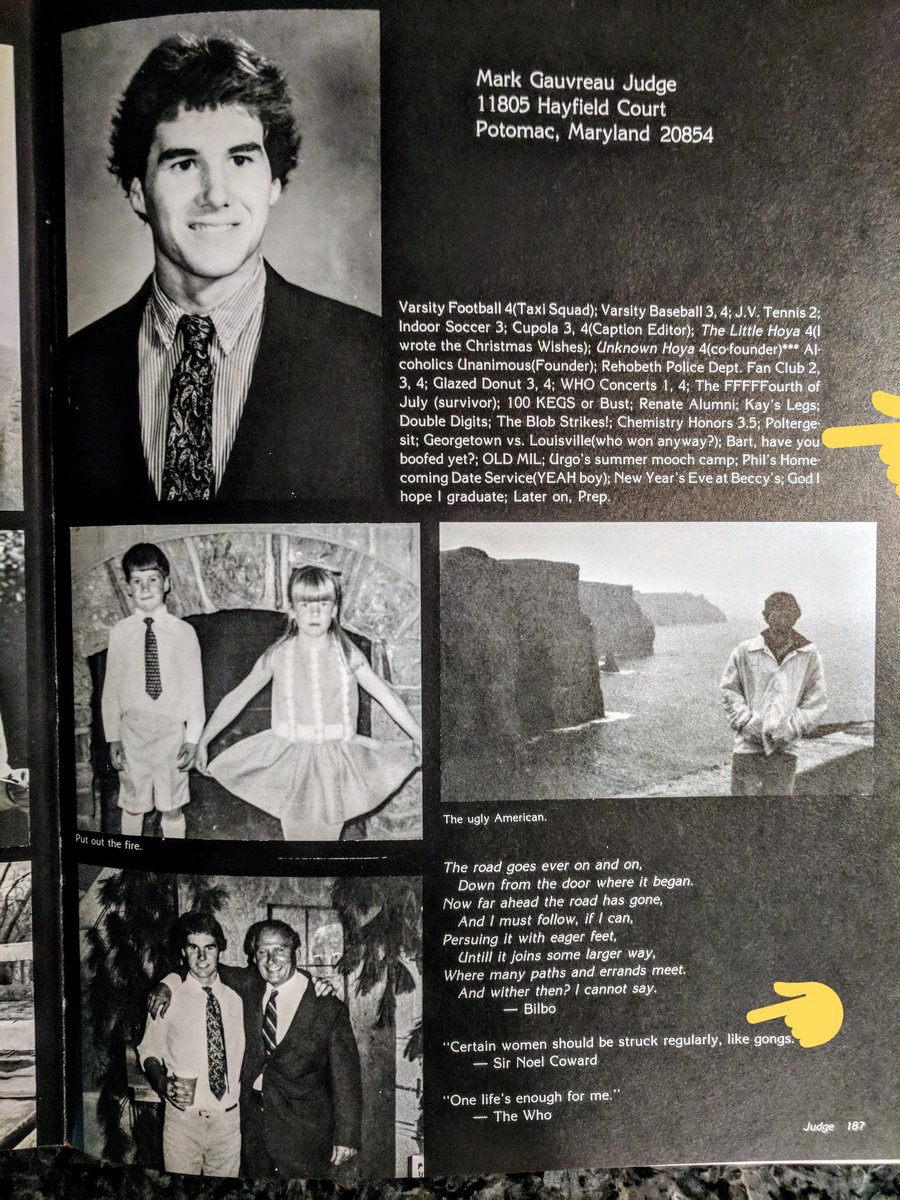WhatsApp Message Causes Dramatic Infibeam Stock Price Drop
/Infibeam, an India e-commerce company, lost more than 70% of its stock value after a WhatsApp message questioned the company’s governance. The message was reported to be sent by an analyst at Equirus Securities months ago, but it only recently surfaced and went viral. Equirus denies involvement.
An India Times article explains the message:
“The note said the company gave an interest-free and unsecured loan to a subsidiary with negative net assets to be repaid over eight years. The note also mentioned that the company has re-classified its co-founder, who continues to hold a large chunk of shares, as non-promoter.”
An Infibeam spokesperson responded to the controversy:
“The company has given interest-free unsecured loans to its wholly owned subsidiary NSI Infinium Global since inception. These loans are short-term loans which are repayable on demand and have been utilised by NSI solely for its business and operations. Further, there has been no change in the promoters from the list of promoters identified and disclosed by the company info in the offer documents for its IPO.”
Discussion:
How can people do a better job at distinguishing between real reports and rumors?
How well did Infibeam respond to the news? What effect do you expect on the company stock on Monday?



















